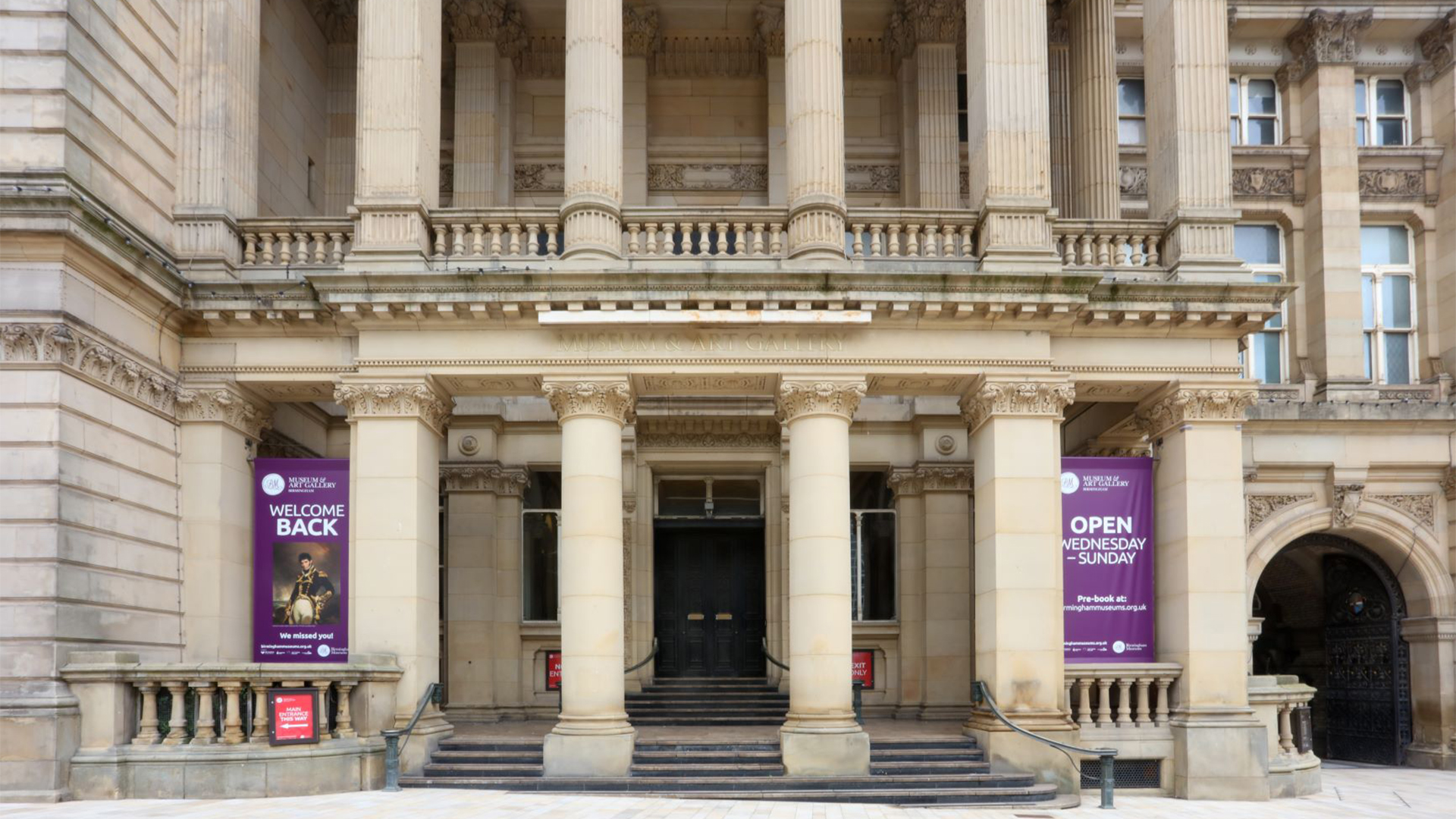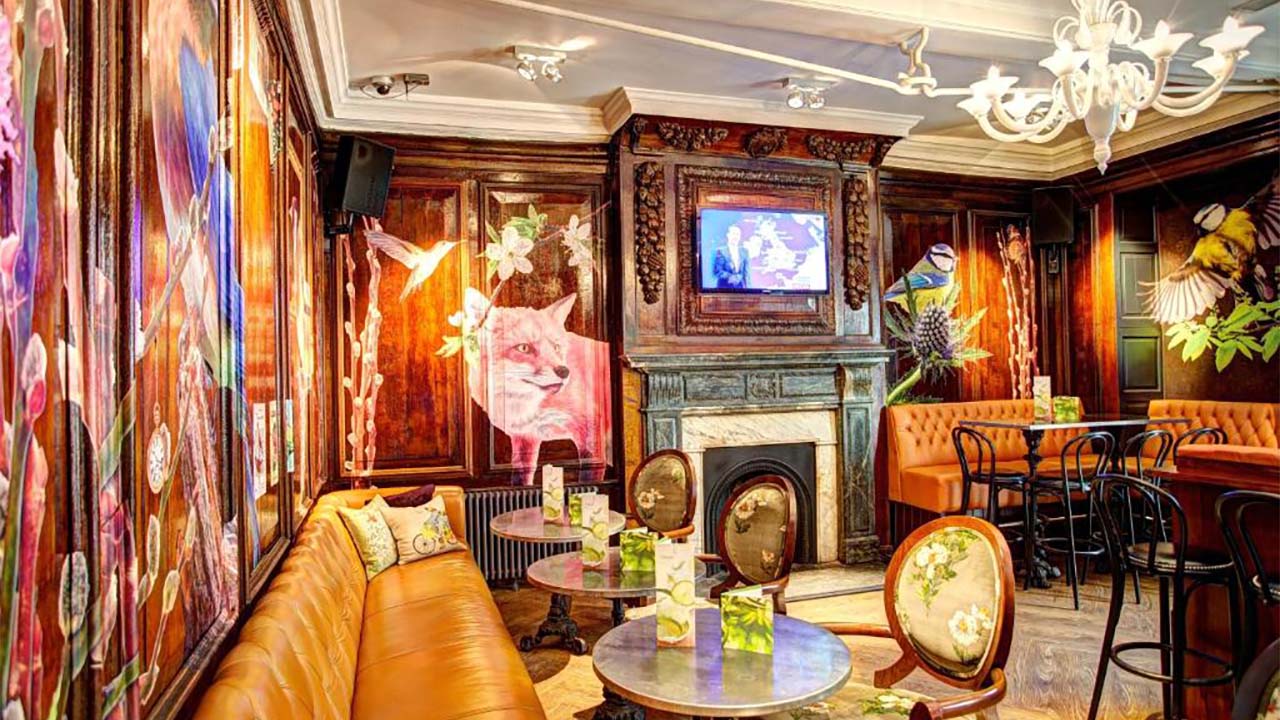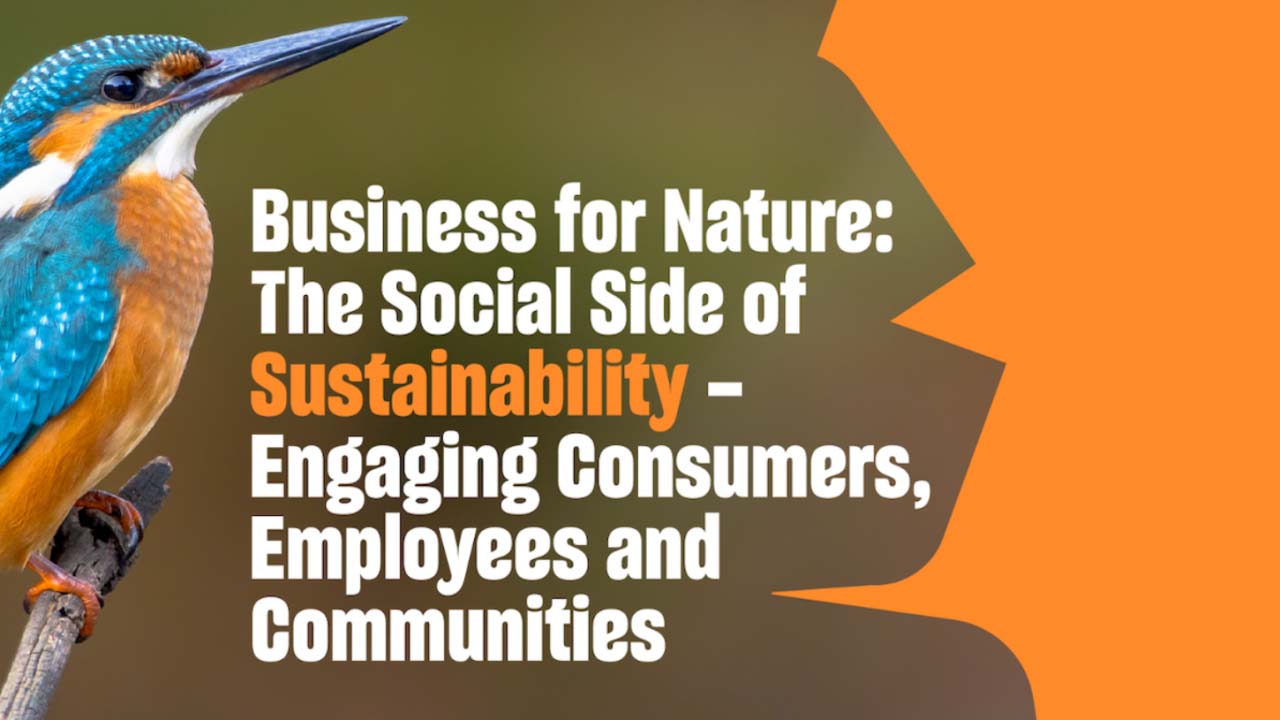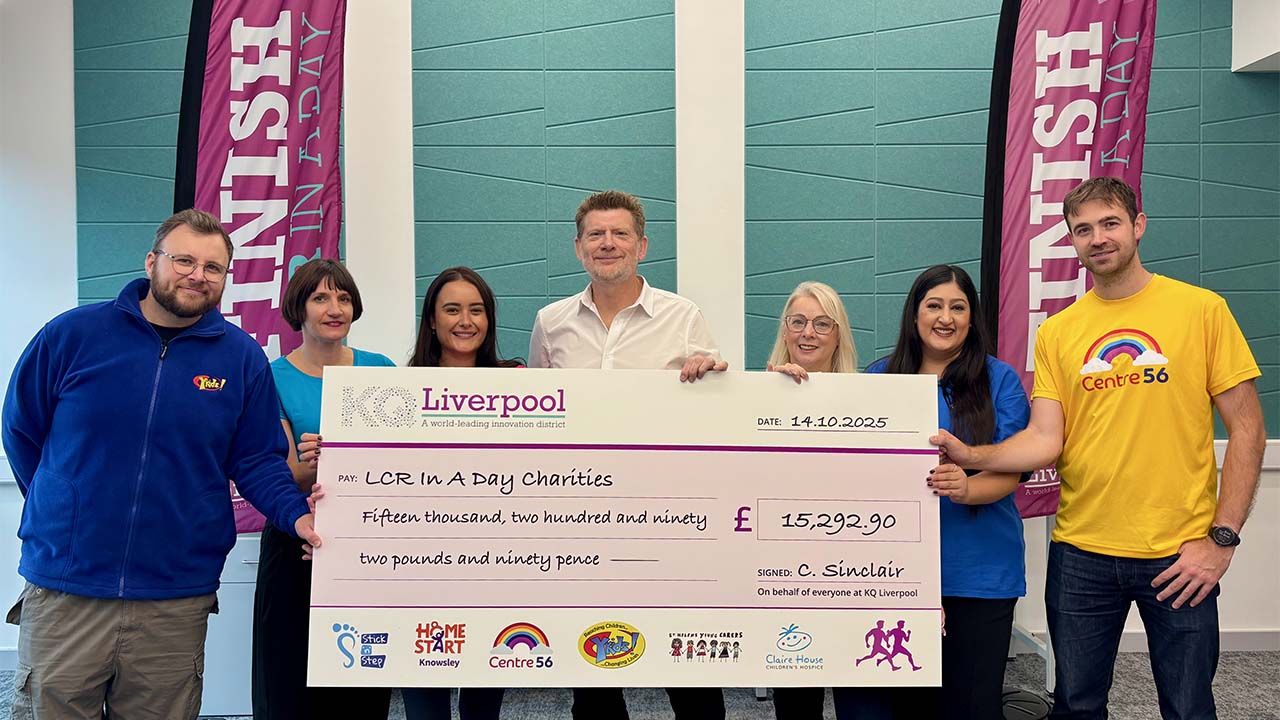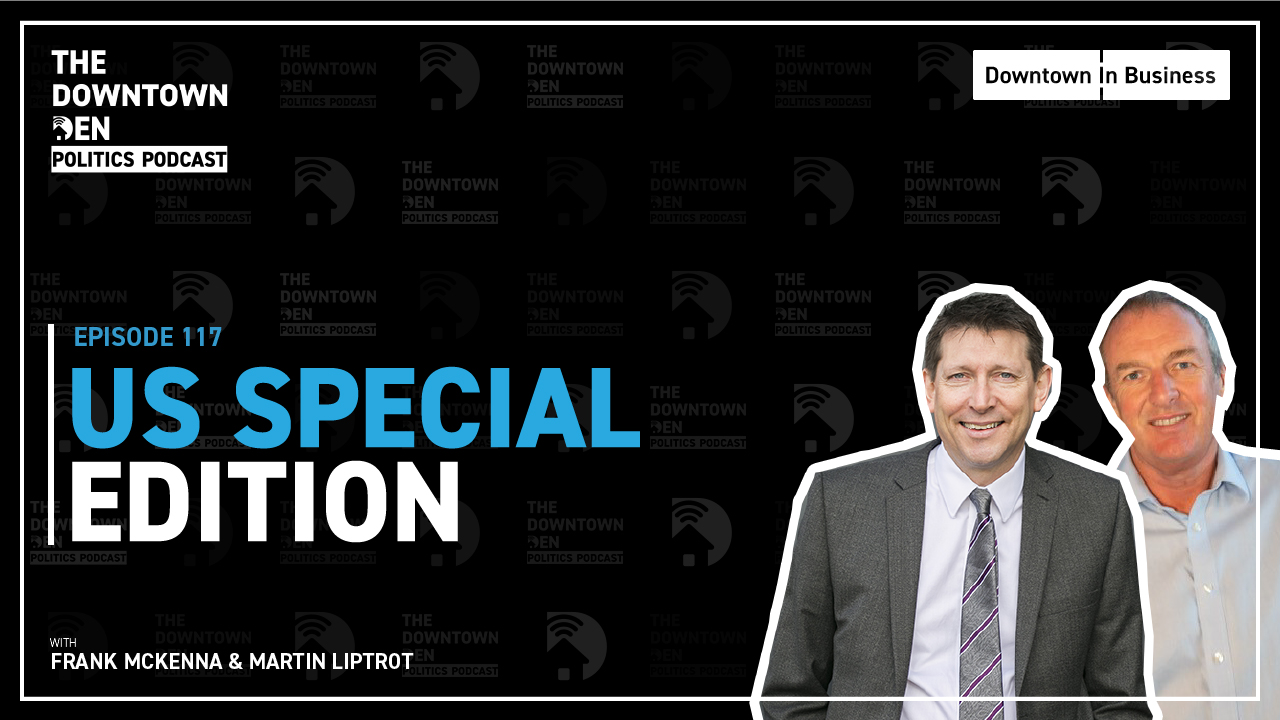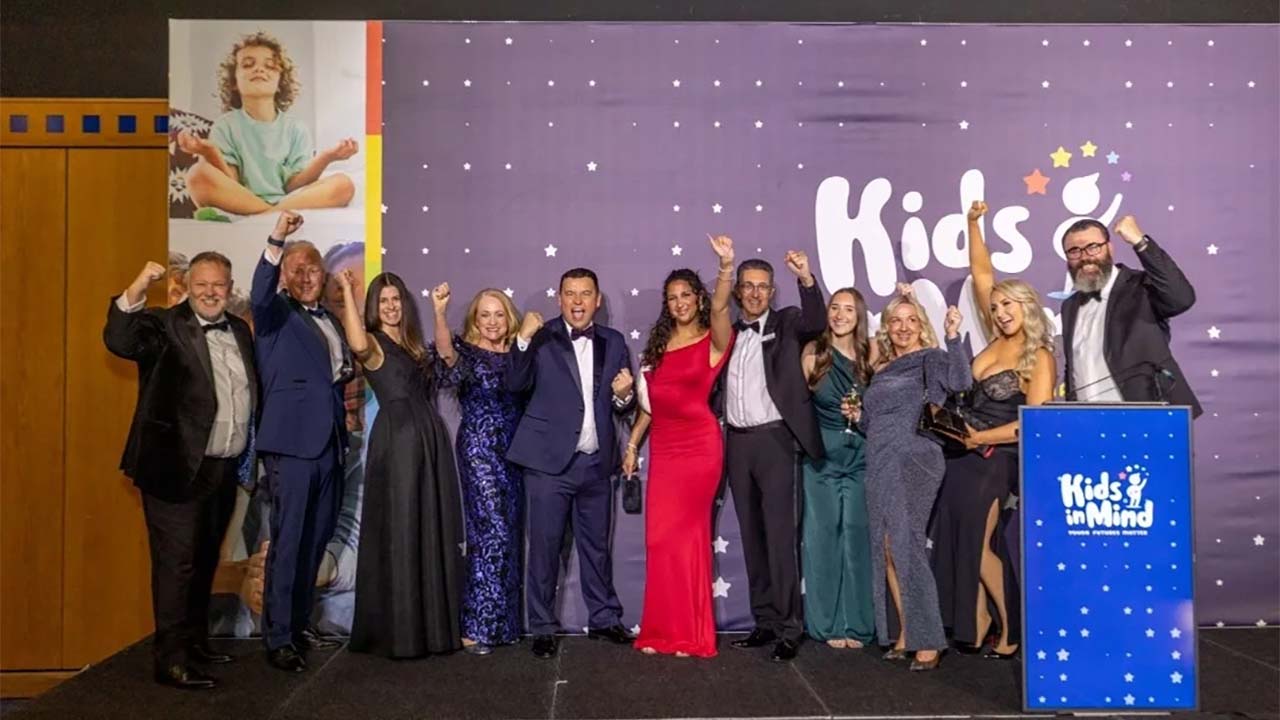Birmingham Museums Trust is delighted to confirm it has been awarded £1.87 million as part of the Government’s Culture Recovery Fund to help the independent charity face the challenges of the coronavirus pandemic and to ensure the organisation has a sustainable future beyond the crisis.
Birmingham Museums is one of the largest independent museums trusts in the country and cares for the city’s collection of around 1 million objects, providing a wide range of educational and enjoyable cultural experiences, events and activities to visitors at nine venues across the city.
The financial support from DCMS and ACE is vital to enable the charity to continue to recover. Having reopened Birmingham Museum & Art Gallery (BMAG) earlier this month, with these crucial funds the Trust can now focus on its plans for adapting and reopening Thinktank, Birmingham Science Museum, early next year. Along with developing income generating opportunities, such as investing in the museum’s shop, to help Birmingham Museums survive beyond this crisis and make the organisation more resilient to future challenges.
Niels de Vos, Chair of Birmingham Museums Trust, said: “This funding is excellent news. We are thrilled to have been awarded £1.87m at this crucial time and we would like to thank DCMS and Arts Council England for supporting our organisation, and others across the region, so we can navigate the months ahead and ensure Birmingham Museums can thrive beyond this pandemic.
“The funds will help to ensure the future of our charity by enabling us to invest in income generating opportunities up until Spring 2021, which will help to make us more resilient to the future challenges we face beyond.
“A large proportion of these funds will contribute significantly to our plans for Thinktank, enabling us to reopen the city’s science museum early next year, ensuring we can provide a safe and enjoyable way for visitors to access our science and industry collection, along with providing families with inspiring and educational days out there once more.
“We look forward to planning for the future and with this lifeline we can take the next steps to recovering from this difficult period.”
Birmingham Museums is one of 35 major cultural organisations receiving the first grants between £1 and £3 million through the Culture Recovery Fund – with £75 million of investment announced today.
This follows £334 million awarded earlier in the month to nearly 2,000 organisations, also from the Culture Recovery Fund grants programme being administered by Arts Council England. Further rounds of funding in the cultural and heritage sector are due to be announced over the coming weeks.
Peter Knott, Area Director, Arts Council England said: “We’re delighted that Birmingham Museums Trust has been successful to the Government’s Culture Recovery Fund. Its world-class museums are cornerstones of Birmingham’s cultural offer and this grant will offer them some short-term security and the opportunity to plan for the future. With museums and historic properties across the region celebrating Birmingham’s rich and vibrant past, they give visitors the chance to experience local artists alongside the likes of Leonardo DaVinci, explore a miniature model of the city centre or get up close with a life-sized dinosaur – inspiring millions of people every year from Birmingham and beyond.
“The Government’s package is hugely welcome, providing much of the sector with resources to remain in business through to the Spring. Well-loved community projects, theatres, galleries, museums, clubs, music venues, festivals, key cultural suppliers along with other creative spaces and projects have benefited, and their communities will feel a boost as a result. At a time where many communities and organisations face difficult challenges, this is a chance to continue on the road to recovery, post-Covid.”
BMAG reopened with new opening hours (Wednesday – Sunday, 10am – 5pm) and now operates a one-way system through its level 2 galleries to provide a safer way to explore the collection. Visitors can now see new exhibitions, including Wildlife Photographer of the Year, on loan from the Natural History Museum, London, and a display of new works by celebrated Birmingham collage artist Cold War Steve based on the city’s collection. New displays can be seen alongside well-loved favourites such as the Staffordshire Hoard Gallery which reopens for weekends and school holidays from Saturday 24 October, and centuries of art spanning Pre-Raphaelite masterpieces to major modern British artworks.
Several of Birmingham Museums’ Historic Properties have started reopening for special events, including Blakesley Hall and Aston Hall, with more planned in the months ahead. And Sarehole Mill continues to operate a successful shop, bakery and pizza restaurant serving its local community throughout the pandemic.
Culture Secretary Oliver Dowden said: “As part of our unprecedented £1.57 billion rescue fund, today we’re saving British cultural icons with large grants of up to £3 million – from Shakespeare’s Globe to the Sheffield Crucible. These places and organisations are irreplaceable parts of our heritage and what make us the cultural superpower we are. This vital funding will secure their future and protect jobs right away.”
Chair, Arts Council England, Sir Nicholas Serota, said: “The Culture Recovery Fund has already helped hundreds of organisations, of all types and sizes, in villages, towns and cities across the country. It has provided a lifeline that will allow these organisations to continue to play an integral role in their communities and produce new artistic work that will entertain and inspire us all.
“This latest funding, which are the largest grants to date, will support some of the country’s most loved and admired cultural spaces – from great regional theatres and museums to historic venues in the capital – which are critical to the development of a new generation of talent and in providing work for freelance creatives.”

